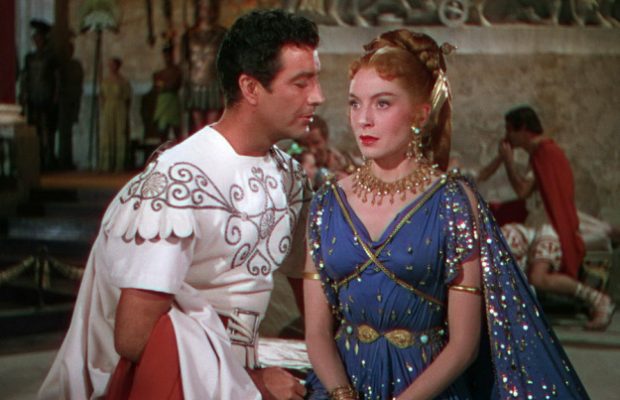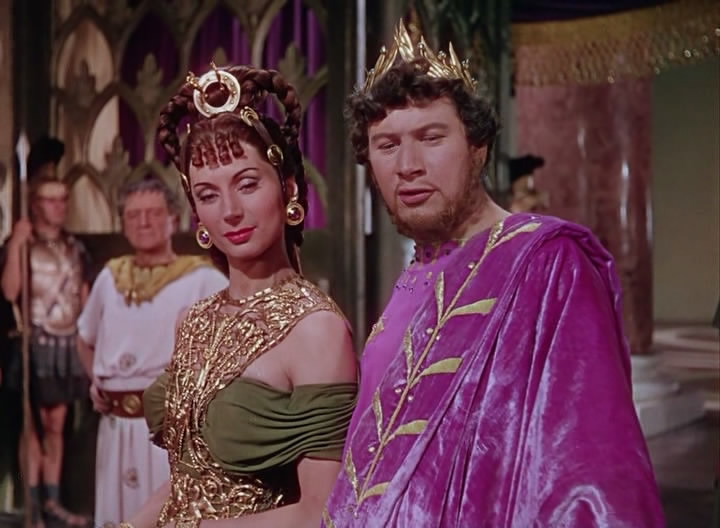Quo Vadis by the Polish author Henryk Sienkiewicz is a jewel of historical fiction. While the 1951 film is excellent, it is dated; the novel, however, transcends time. The heartrending and vivid portrait of Roman life in the days of Nero combines a romance with the acta sanctorum amid breathtaking historical accuracy. The feelings of the young tribune Marcus Vinicius for the Christian maiden Ligia Callina are transformed by sacrifice and suffering from mere lust into profound love and devotion. In the meantime the early Church prepares to face a grueling ordeal at the hands of Nero. The brutality and decadence of Imperial Rome stand in glaring contrast to the indefatigable new sect, guided and instructed by Peter and Paul. The Christians must deal not only with the violence of the pagans but with some of their own members who betray and deceive. Indeed, part of the impact of the novel is the way it conveys continuity of the past with the present. Followers of Christ must struggle with their own sins and weaknesses as much as with the outside world which seeks to destroy them. It was not easy then; it is not easy now.
Henryk Sienkiewicz (1846-1916) received the Nobel Prize for Quo Vadis. He was writing to encourage his Polish countrymen in their many difficulties, and combined superb story-telling with painstaking historical research. Although I prefer the book to the movie, I do not hesitate to recommend the latter. Among 1950's Biblical epics, Quo Vadis is outstanding. Peter Ustinov's performance as Nero is truly something worth watching; few actors could capture the same balance of comedy, pathos and unmitigated depravity. The sets are magnificent as well, and the flow of drama, quite piercing. It is a good way to glean both history and inspiration while being entertained.























1 comment:
the 1951 movie is typical Hollywood of it's era.
But watch the newer Polish version, it's much better. I watched it with subtitles on Youtube
link
alas this one doesn't have subtitles.
Post a Comment